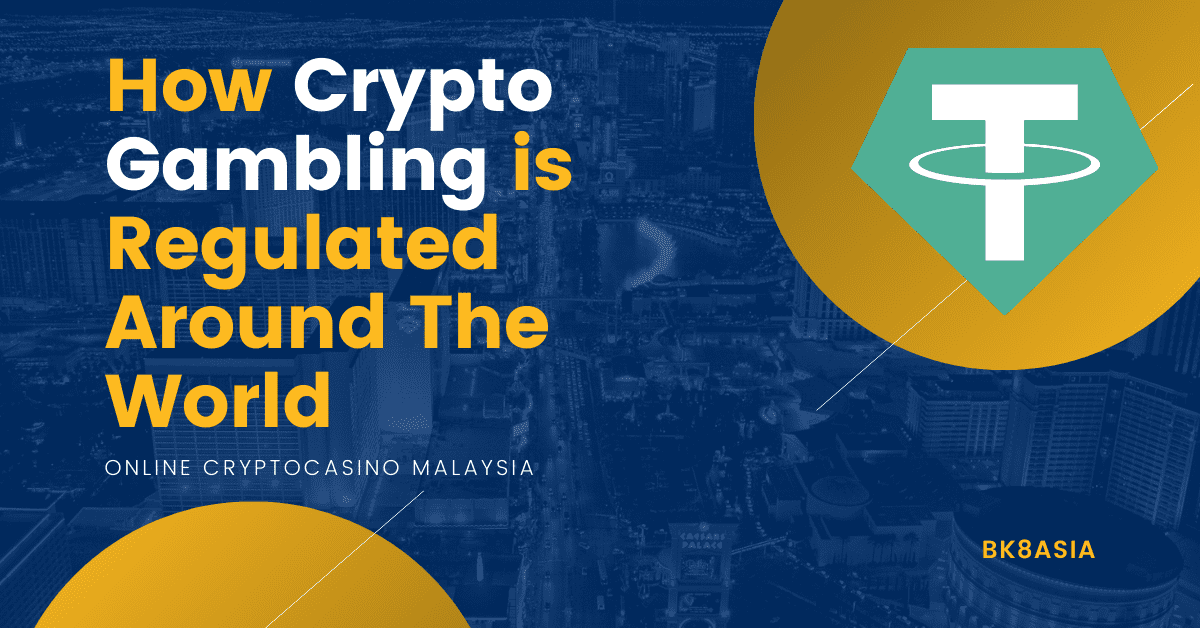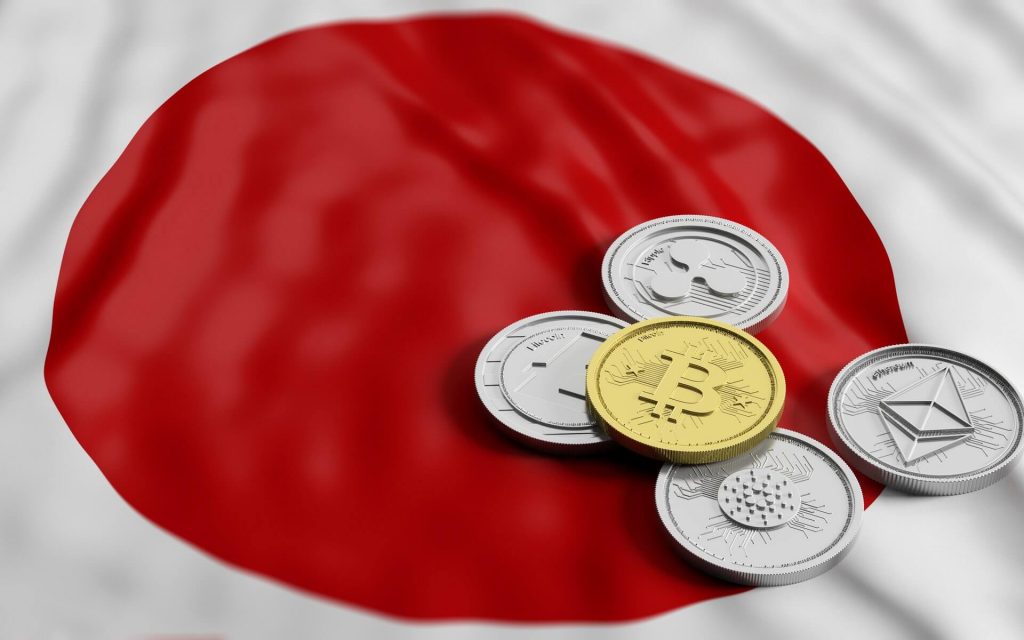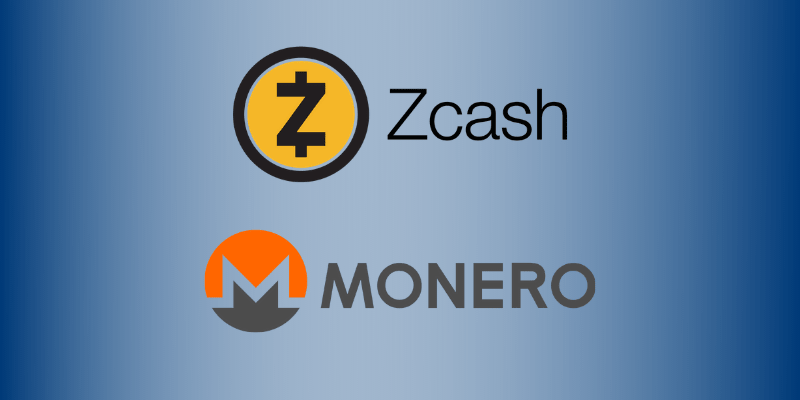How Crypto (USDT) Gambling is Regulated Around the World

Table of Contents
The emergence of crypto-gambling and betting received different perceptions from various countries worldwide. The most defined stance came from the Japanese. Recently, the House of Representatives in Japan released a new regulation for crypto-asset, which affects the exchange and custodians of the digital currency. This regulation is simply referred to as the Payment Services Act and the Financial Instruments and Exchange Act.
Nevertheless, the crypto-gambling industry in Japan still contends with stringent gambling rules, as revealed by Joseph D. Hugh, CFO of International Cryptocurrency platform Jukebucks. In his terms, “Japan has tight regulations on gambling, and the same relates to crypto-gambling.” He added that even though it can be challenging to limit online gamblers, the government has watchful eyes on crypto transactions within the country, using taxation as an “excuse.”
All Around The World
In July 2018, Japan released a federal law that permits physical casinos within the nation. According to Hugh, Japan indeed is licensing major casino players. However, there is no certainty regarding who receives licenses in Tokyo, Hokkaido, Okinawa, and Osaka. He added that online casino owners believe that operations will begin after offline casinos have started.
The cryptocurrency industry is yet to feel the effect of the approved integrated resort, an extensive entertainment complex. Within the complex, there are casinos, hotels, theme parks, shopping malls, and theatres. Although such pro-casino legislation has been introduced as part of the country’s overall growth strategy by Prime Minister Shinzo Abe, Japan is still showing a reluctant attitude towards crypto-gambling.
Crypto Gambling in Japan
Considering the track-record of cryptocurrency regulations in Japan, one would think that the prevalence of cryptocurrency gambling is really massive. However, the reality is that the regulations are perhaps due to the collapse of Mt. Gox (a bankrupted crypto-exchange agency in Japan) experience in about half a decade ago. During the early period of 2019, Tron (a Blockchain Network) blocked gambling apps on its decentralized app store in Japan after several pressures from the country’s regulator.
The actions of the network, which claim to be erecting infrastructure for a genuine decentralized internet, prompted Lucien Chen (Chief Technology Officer and Co-founder of Tron) to terminate his relationship with the agency. Chen claimed that there is any inconsistency between the network’s commitment towards becoming decentralized and its efforts – a quality that is common to a centralized entity.
How Cryptocurrency Gambling Works
Mostly, blockchain-based gambling occurs in on-chain and off-chain approaches. When a physical and online gambling household accepts cryptocurrency, especially Bitcoin, for deposit in their online casino account, it is known as off-chain cryptocurrency gambling. In these casinos, a third-party agency such as BitPay usually exists to change the Bitcoin and other digital currencies into local fiat money. Some online casinos perform purely without fiat denominations but pay using cryptocurrency.
As for on-chain gambling, this happens on a blockchain through smart contracts that consist of decentralized apps (Dapp). This app comes with a backend code that runs on a blockchain network – rather than a conventional centralized server.
Governments find it easy to track off-chain casinos. Most times, many crypto-gambling casino sites block out IP addresses to prevent entry from specific nations. When a user from the United States tries to use Bitcoin-accepting gambling websites, he or she is likely to be blocked.
Government regulations are able to watch the actions of on-chain casinos and other decentralized means of online gambling as well. For instance, Tron refused to show gambling Dapps to users in Japan, according to Cointelegraph. Nevertheless, Japanese users are able to use VPN to access the gambling Dapps of Trons. Undoubtedly, one of the hottest debates in Japan today is cryptocurrency gambling. Yet, there are no official guidelines currently.
Crypto Gambling Regulation: The Global Snapshot
When it comes to online gambling, most nations have official regulations. However, only a few countries such as the United Kingdom, Greece, Belgium, Poland, the Netherlands, and Italy, regulate crypto-gambling.
Several countries do not recognize Bitcoin as a legal payment method based on their existing guidelines. Thus, it is not allowed for gambling. Apparently, there is a need for more clarity regarding this topic in many nations. Chief among them is Japan, where the gambling industry surpasses Nevada by more than $4 billion. In fact, the estimated value of the Japanese gambling industry stands around $15.8 billion.
Top 10 Countries By Gambling Losses
The United Kingdom has several service providers, including online gambling sites that accept cryptocurrency. However, they adhere strictly to existing gambling laws in the country. In the UK, sports betting is a highly famous activity, which is worth 700 million. Multiple crypt-focused sports betting websites are available. Although the UK gambling commission permits Bitcoin gambling, there is an existing warning on the website regarding unreliable service providers. Every user is advised to be mindful of using Bitcoin because of the associated risks.
Still, gamblers enjoy multiple benefits by using cryptocurrencies for betting. Although anonymity is not guaranteed, Bitcoin provides a high level of privacy. Users do not require to have sensitive information prior to the conversion of Bitcoin. However, most countries require the identifications of individuals that want to change BTC to fiat by using Know-your-customer (KYC). Also, some nations use the anti-money laundering procedures (AML) system.
Other Crypto Coins
Contrarily, users have more significant identity protection through the use of privacy coins such as Zcash (ZEC) and Monero (XMR). Thus, They are perceived as a barrier to the investigation powers of law compliance agencies. However, these altcoins are less accepted compared to Bitcoin. According to Joseph Hugh, stricter crypto regulations will assist digital currency users in legal dealings. He stated that the government has a role in regulating the citizens’ financial activities without incurring blame from anyone except those who have something to hide.
Even though the global gambling industry is facing multiple regulatory and technical issues by adopting cryptocurrency successfully, it is becoming friendlier towards digital currency. Many popular Las Vegas casinos and online gambling platforms have started to accept Bitcoin and other cryptocurrencies – an increasing trend that will only get better with time.
Relevant news

Have You BK8?
You must have heard the slogan “Have You BK8? or 你BK8了吗” in social media or…

Tips for Gambling Online With a Small Budget
Online gambling has become increasingly popular over the years, offering a convenient and accessible way…

Does Malaysian Tax Gambling Winnings?
Gambling is a popular activity enjoyed by many people all around the world. However, as…

BK8 Year of Rabbit 2023 Gold Bar Deposit Reward
In addition to being one of Malaysia's most well-known online casinos, BK8 is also well-known…

What is a Heylink or Joylink Bonus Casino?
There has been a rise in the availability of free credit bonuses in Malaysia in…

Tips for Playing Safely at Online Casinos
The safety of your personal information is of paramount importance while gambling online. If you…




